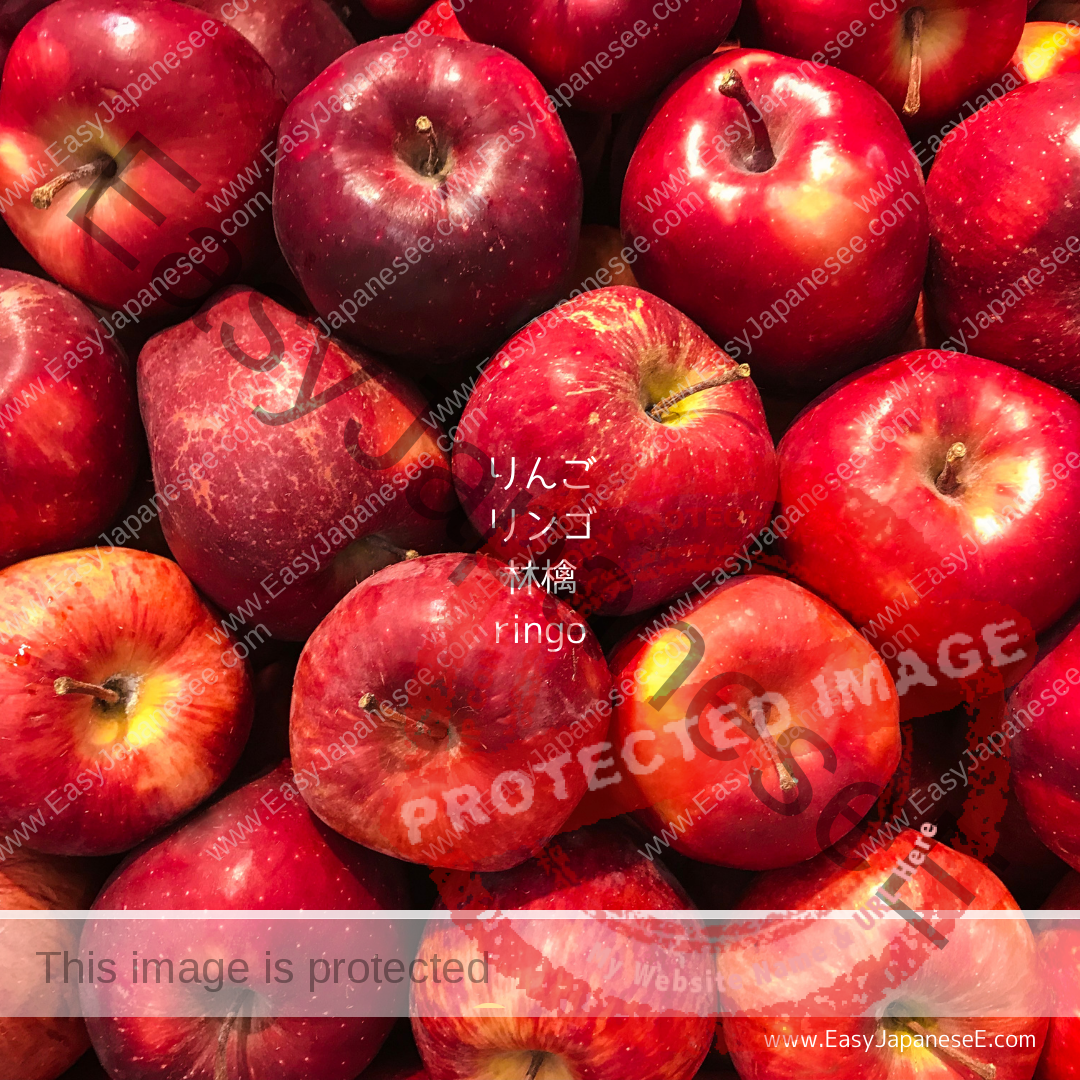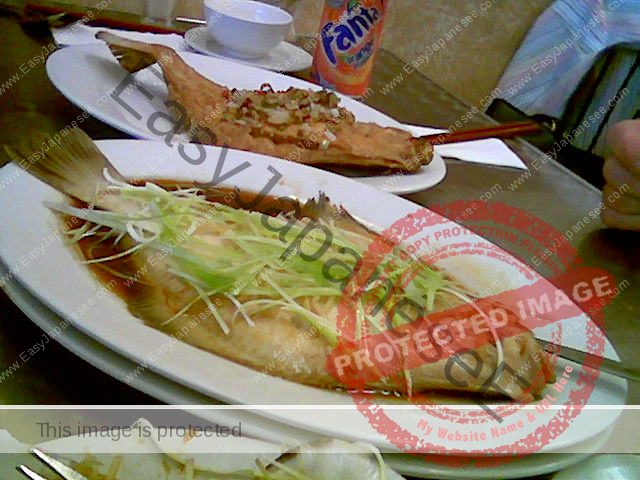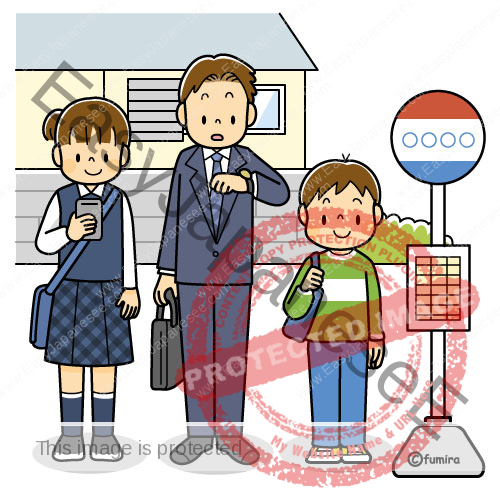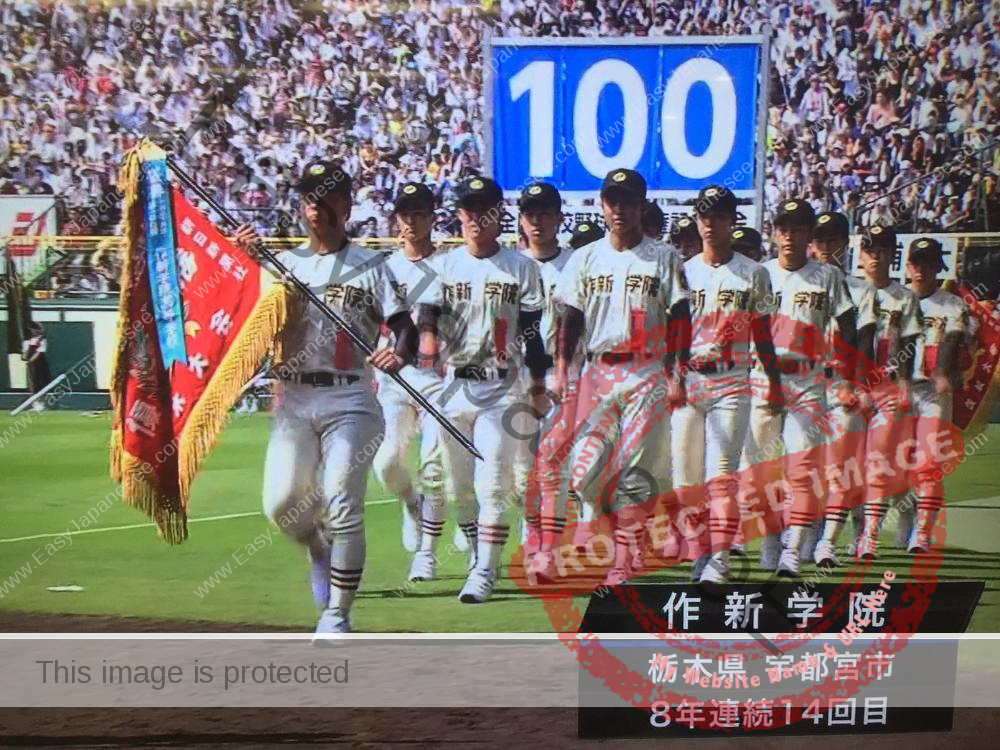The Japanese language used 4 different types of scripts – Hiragana, Katakana, Kanji and Roomaji. This post explains when to use which.


The Japanese language used 4 different types of scripts – Hiragana, Katakana, Kanji and Roomaji. This post explains when to use which.
Last week I talked about “yaku/yakimasu” as a most common cooking verbs. Today, I will introduce other cooking related verbs.…
I said I will make this week a food week, so I have to find a grammar topic related to…
So far I have been talking about food this week, so I might as well make this week a food…
Today’s Katakana Tuesday, but it is slightly different from all the others I talked about so far. Anyway, what…
Last week, I talked about “easy to …” and “difficult to …” using a verb “stem.” Today’s expression is another…
Oh, my, it is already September. In Australia it is considered the first day of spring. September in Japanese is…
Go (いきます) and Home (うち) are both very basic words and when the students learn them for the first time,…

にくい is written as 難い and it means “difficult”, so the above sentence means “Fish is difficult to eat.”…
Apparently Aug 29th is 焼肉の日 (やきにくのひ / BBQ day). The reason for that is 八 for 八月 (August) can be…
Today is katakana Tuesday, so about an originally English word used differently in Japan. Today’s word is “morning.” It is…
The above sentence says “it started to rain.” “Verb stem (polite form verb minus “ます”) + はじめます" means “start to…
Apparently, today 25 August is 即席ラーメン記念日 (the Memorial Day for Instant Ramen) and the first 2-minute noodles “chicken ramen” was…

The expressions for giving a reason and/or stating a cause, ~から and ~ので are almost interchangeable except for… This post explains when they are not.
They sound very similar and they both have something to do with pork but they are very different! You…
If you have stayed in a Japanese hotel, you may have seen following sentences: フロントにお預(あず)けください。 フロントまでお越(こ)しください。 The top sentence says:…

Both ~から and ~ので are used to add a reason or cause. The difference between the two is getting smaller but their nuances are not the same. Find out here.

Today, 18 August is the Memorial Day for High School Baseball in Japan. Apparently, the inaugural national high school baseball…
いadjectives all end in い but なadjectives don’t end in な. They need な to connect to the noun that follows it. There are なadjectives that end in い.Here’s a list.
Last week, I mentioned 五山の送り火(ござんのおくりび) as one of many events held for the Buddhism “bon” festival. It is going to…
